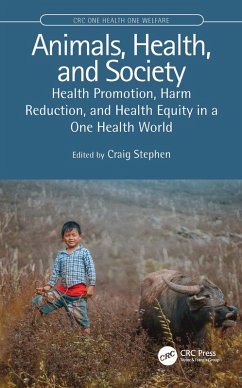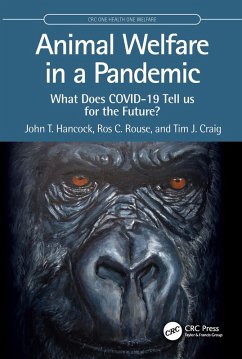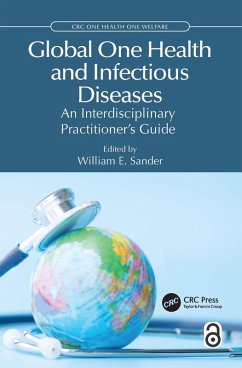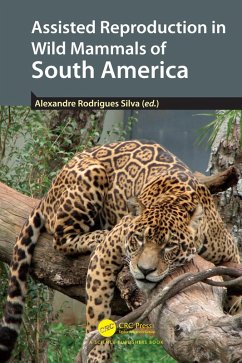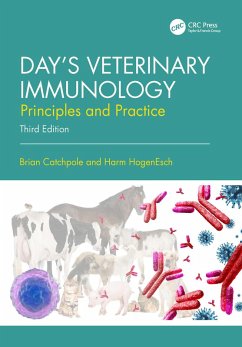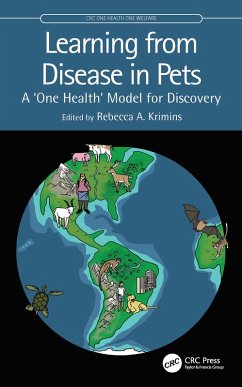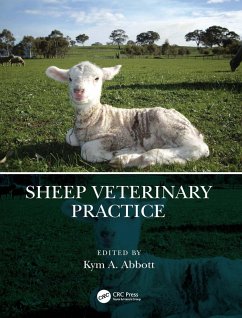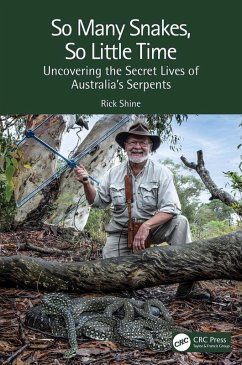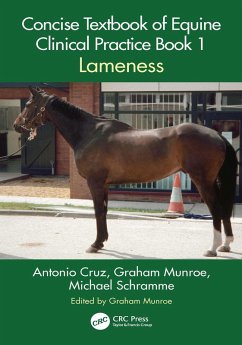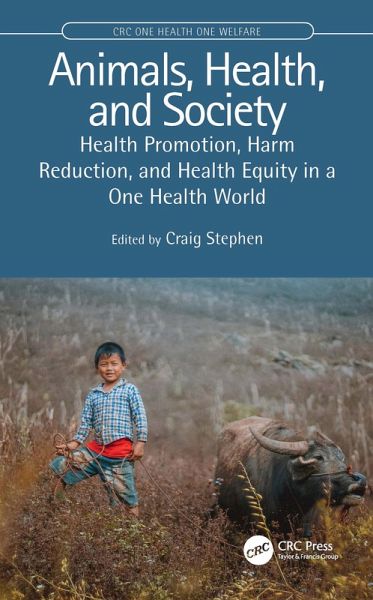
Animals, Health, and Society (eBook, ePUB)
Health Promotion, Harm Reduction, and Health Equity in a One Health World
Redaktion: Stephen, Craig
Versandkostenfrei!
Sofort per Download lieferbar
88,95 €
inkl. MwSt.
Weitere Ausgaben:

PAYBACK Punkte
44 °P sammeln!
CHOICE Recommended title 2022This timely book reframes the historic narrative of people, animals, and nature as risks to each other, to one where we think about health as a shared capacity. This new narrative promotes the positive contributions made to health across species and generations and addresses growing calls to shift from a reactive to proactive approach in One Health.Editor Craig Stephen takes the reader on a tour of the situations wherein we can all, regardless of our job description, work across species, sectors, and generations to motivate action. Perspectives and methods from a v...
CHOICE Recommended title 2022
This timely book reframes the historic narrative of people, animals, and nature as risks to each other, to one where we think about health as a shared capacity. This new narrative promotes the positive contributions made to health across species and generations and addresses growing calls to shift from a reactive to proactive approach in One Health.
Editor Craig Stephen takes the reader on a tour of the situations wherein we can all, regardless of our job description, work across species, sectors, and generations to motivate action. Perspectives and methods from a variety of fields and experts are shared and adapted to promote collaborative understanding of and action on determinants of health at the animal-society interface. Case studies demonstrate that the principles and practices presented are feasible, empowering people to make choices that concurrently benefit the health of animals, societies, and ecosystems.
The first book to adapt and explain health promotion, harm reduction, and health equity issues in a One Health context, and in terms of animal health, this is necessary reading for students of and practitioners working in planetary health, conservation, ecohealth, public health, health promotion, veterinary medicine, and animal welfare.
This timely book reframes the historic narrative of people, animals, and nature as risks to each other, to one where we think about health as a shared capacity. This new narrative promotes the positive contributions made to health across species and generations and addresses growing calls to shift from a reactive to proactive approach in One Health.
Editor Craig Stephen takes the reader on a tour of the situations wherein we can all, regardless of our job description, work across species, sectors, and generations to motivate action. Perspectives and methods from a variety of fields and experts are shared and adapted to promote collaborative understanding of and action on determinants of health at the animal-society interface. Case studies demonstrate that the principles and practices presented are feasible, empowering people to make choices that concurrently benefit the health of animals, societies, and ecosystems.
The first book to adapt and explain health promotion, harm reduction, and health equity issues in a One Health context, and in terms of animal health, this is necessary reading for students of and practitioners working in planetary health, conservation, ecohealth, public health, health promotion, veterinary medicine, and animal welfare.
Dieser Download kann aus rechtlichen Gründen nur mit Rechnungsadresse in A, B, BG, CY, CZ, D, DK, EW, E, FIN, F, GR, HR, H, IRL, I, LT, L, LR, M, NL, PL, P, R, S, SLO, SK ausgeliefert werden.




